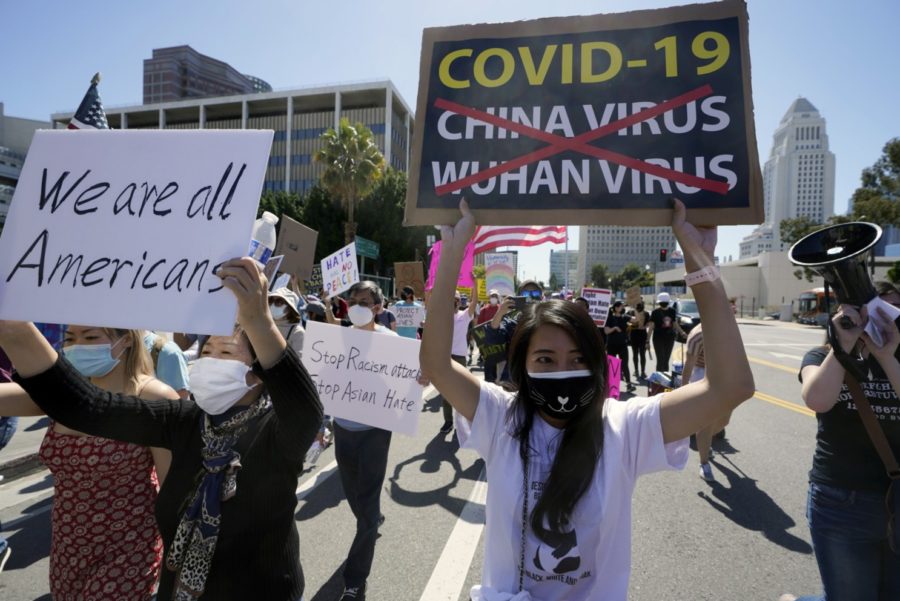An invisible target
May 19, 2021
On March 19, 2020, the Asian Pacific Planning and Policy Council, Chinese for Affirmative Action, and the Asian American Studies Department of San Francisco State University launched the Stop AAPI Hate center. The purpose was for Asians and Pacific Islanders to report incidents of hate, violence, harassment, discrimination, shunning, and child bullying in the United States.
Since the Covid pandemic shut down the nation for the past year and a half, attacks on AAPI people have increased. Since its inception, attacks have jumped from 3,795 to 6,603 during the period between March 19, 202 to March 31, 2021. Verbal harassment and the deliberate avoidance of AAPIs make up about 62% of the total incidents reported.
There has been an increase of physical attacks and online bullying has increased as well. A large percentage of incidents take place in public streets and parks with 64.8% of hate incidents reported by women. Since former President Trump started calling Covid-19 the “kung flu,” 43.7% of attacks have been on individuals of Chinese descent. According to the data collected by the Stop AAPI Center, gender, language, and religion are cited as motivating factors for discrimination.
Recently, a survey taken by LAAUNCH, Leading Asian Americans to Unite for Change, polled 2,766 random American adults across the country, and they found that 42% of Americans cannot name a well-known Asian American. Another fact from the poll was that the next most popular choices were martial arts legends Jackie Chan, who’s from Hong Kong, and Bruce Lee, who died nearly a half-century ago.
For more information


